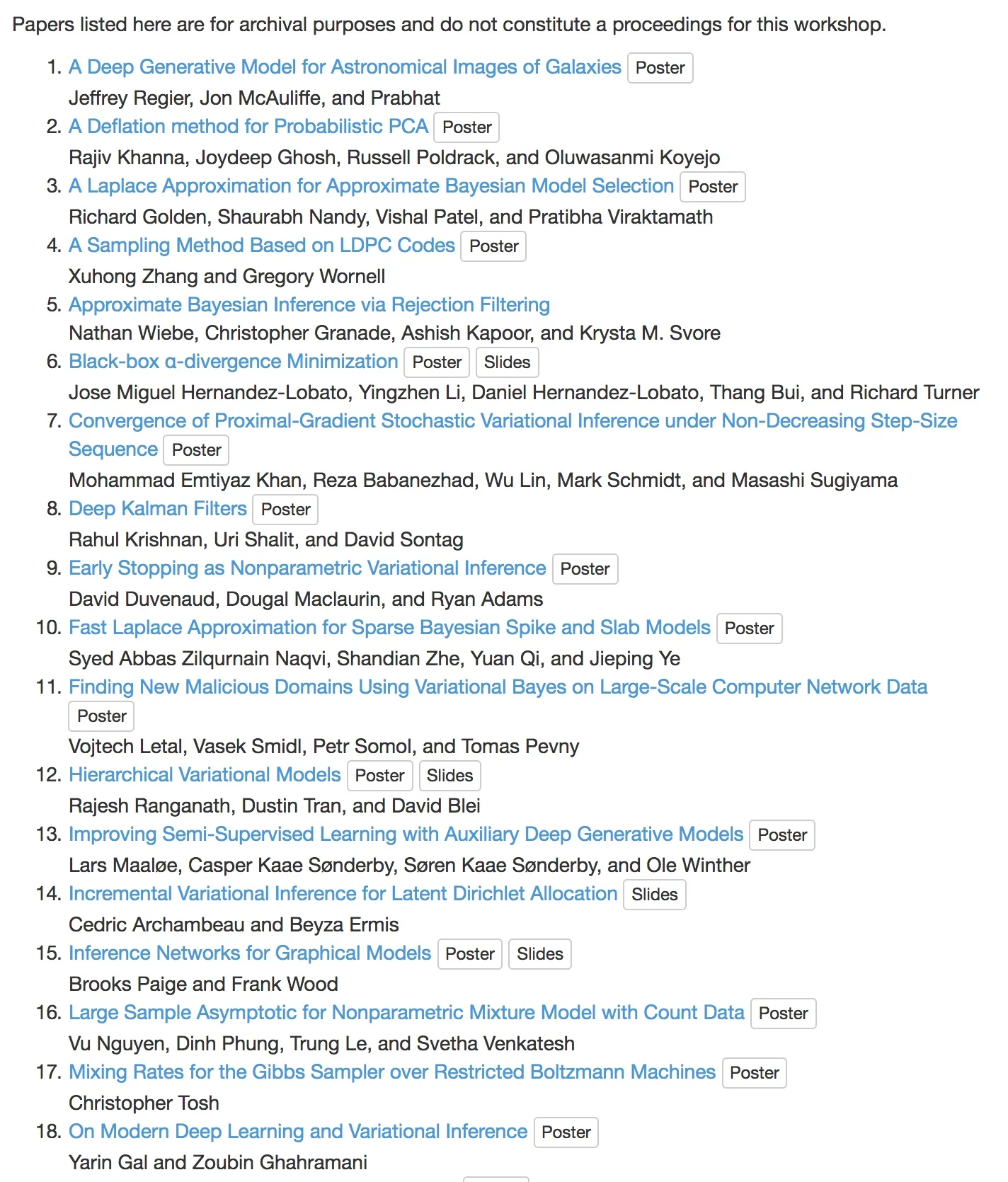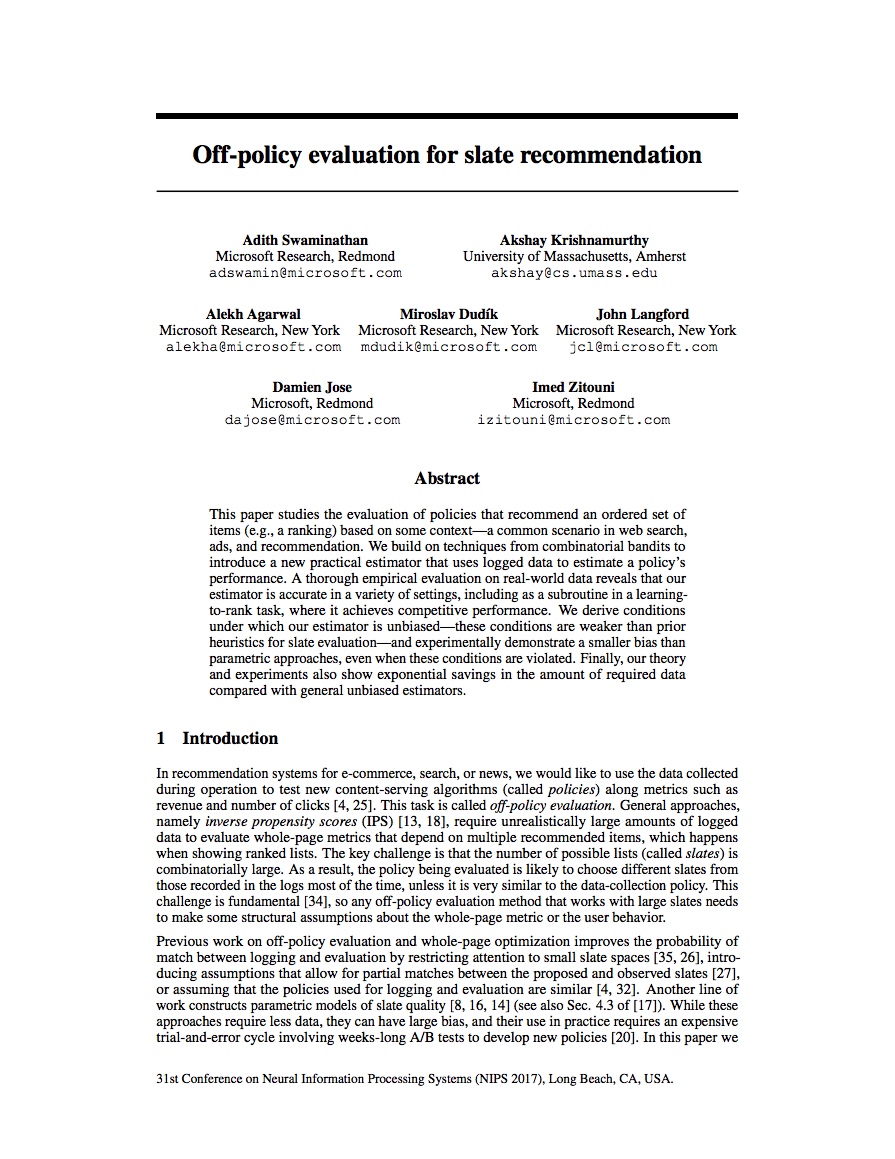About Me
Senior Research Scientist at Netflix (New York).
Machine learning research scientist specializing in generative AI, LLM reasoning, uncertainty quantification for deep models, and sequential decision-making. At Netflix, Spotify, Princeton, and Columbia, I have advanced techniques for reasoning, structured event modeling, calibration and Bayesian uncertainty for large networks, offline reinforcement learning, and exploration. My work appears in NeurIPS, ICML, AISTATS, Machine Learning Journal, WWW, RecSys, and KDD, and has been deployed to systems serving hundreds of millions of users.
Previously:
Senior Research Scientist, Spotify, New York
Adjunct Professor, Columbia University
Postdoctoral researcher, Columbia University and Princeton University
PhD in machine learning for spatiotemporal modeling, University of Southampton
MSc (Artificial Intelligence), Imperial College London
BA (Computer Science), Oxford University
























